When a wave of sexual misconduct allegations upended the fighting game community in June 2020, its identity as a bastion of authenticity in competitive gaming came into question. Despite lacking the bureaucracy and corporate oversight of larger games, the anti-esports culture that fostered such a tight-knit community also revealed how the FGC made women and LGBTQ community members feel uncomfortable or even unsafe at some fighting game tournaments.
To combat these issues, a group of FGC tournament organizers and community leaders banded together in January 2021 to author the Fighting Game Code of Conduct. The FGCoC emerged from the FGC Tournament Organizers Discord, which fighting games writer Eli “BODIEDNovelist” Horowitzfounded in October 2019. For months after its founding, the server remained relatively low-key, hovering between 100 and 200 active members. But in June 2020, it gained a newfound purpose as a hub for tournament organizers disturbed by the deluge of misconduct allegations.
“One of the other tournament organizers who was in there said to me, ‘hey Eli, this might be a really good time to remind everybody that this Discord exists,’ and to get them interested to come in and work on a code of conduct,” BODIEDNovelist said.
Signed by TOs from throughout the fighting game scene, the FGCoC represents the first standardized code of conduct encompassing the many disparate games that constitute the FGC. Unlike past codes of conduct used by fighting game leagues such as the Capcom Pro Tour, the FGCoC is clear-cut, naming and banning specific harmful acts instead of dancing around them with circumspect language.
“I think it helps to set that standard of behavior,” BODIEDNovelist said. “To be willing to say, yes, we don’t want you to use racial slurs, period. We don’t want you to sexually harass people, period.”

While such guidelines might seem obvious, the events of June 2020 made it clear the FGC needed them. Numerous top players and community leaders were ousted from the Super Smash Bros. scene following accusations of sexual harassment and assault, Evolution Championship Series organizer Joey “Mr. Wizard” Cuellar was accused of sexually abusing a minor and scores of women took to social media to share their experiences of predatory behavior at FGC events.
“[There were] an incredible number of allegations against a huge number of people in every aspect of the FGC—all the roles you can think of, every sub-genre, every game,” said commentator David “UltraDavid” Graham. “A ton of bad news came out about harassment, and there had been racism and other kinds of bigotry as well.”
Though these revelations were a wake-up call for the FGC, issues of sexism and exclusion had simmered under the surface of the scene for much longer.
“The first time I noticed this kind of stuff was pretty early on, back in the arcade days,” said FGCoC leader and communications head Terry “Hagure” McCall.
For decades, many FGC members turned a blind eye to these toxic elements of the scene. As recently as 2018, top player Seon-woo “Infiltration” Lee experienced little more than a slap on the wrist after reports surfaced that he had physically abused his wife a year prior. Though he stepped down from competing in that year’s Capcom Pro Tour, the game developer released a statement framing this move as a “voluntary” and mutual decision rather than a mandatory punishment.
“I wasn’t happy with that,” UltraDavid said. “I think a lot of people weren’t happy with that.”
Lee returned to competition less than a year later, topping the Samurai Shodown bracket at EVO 2019.
The FGCoC is not the first attempt by a group of fighting game enthusiasts to make the scene more welcoming to marginalized members. In September 2018, a group of Smash players formed the SSB Code of Conduct Panel to report and investigate incidents of harassment and sexual misconduct at Smash tournaments.
“I walked into this thinking we all know a girl posting on Twitter that she was sexually assaulted,” said panel leader Kyle “Dr. Piggy” Nolla. “And then the guy getting canceled for a week, and then seeing him at tournaments the next month—it’s not a good system of justice. It’s not safe.”
The SSB Code of Conduct Panel announced it was shutting down in late 2020, claiming that its members would need five to ten years to address the summer’s many allegations and accusations. Still, its efforts provided a valuable blueprint for Hagure and his colleagues at the FGCoC.
For her part, Dr. Piggy is optimistic that differences between the circumstances of the FGCoC and the SSB Code of Conduct Panel will help propel the former to success.
“Some developers of FGC games probably care a little bit more about how their tournaments are being run and might be a little bit more willing to toss a hundred bucks to make sure there’s somebody onsite at a tournament to take Code of Conduct reports,” Dr. Piggy said. “But Smash, we literally have Nintendo’s disdain.”
The authors of the FGCoC said they aren’t holding their breath for Capcom or Bandai Namco to acknowledge their efforts, but they are optimistic about the future of their initiative and confident that the FGC is built on values of inclusion and friendship, despite the struggles of the past year.
“The FGCoC runs parallel with a lot of things that have been established by organizers before,” Hagure said.
The FGCoC team has also been heartened by the positive community response to the code of conduct thus far. Though a vocal minority has tried to frame the initiative as a power grab, many of the FGCoC’s doubters have criticized it in good faith, offering to pitch in and help refine the document.
“A good chunk of the people who are opposed to it are kind of opposed to it for reasons that don’t surprise me, but that makes me think not terribly highly of them,” UltraDavid said. “That is to say that they are concerned that their behavior would be something that could be found against the FGCoC.”
The release of the FGCoC marks a potential turning point for the fighting game community — a promising sign that the FGC will no longer allow toxic or predatory behavior to go unchecked. It is a living document, one whose transparent language reflects the grassroots and decentralized spirit of the FGC itself. And regardless of how it fares when the in-person tournament scene returns, the FGCoC has already been endorsed by dozens of tournament organizers across the United States, the United Kingdom and Canada.
“There’s value in being open and honest and forthright by saying, yes, this is what we stand for,” BODIEDNovelist said. “And we’re going to stand for that, regardless of whether it makes some people uncomfortable or angry.”


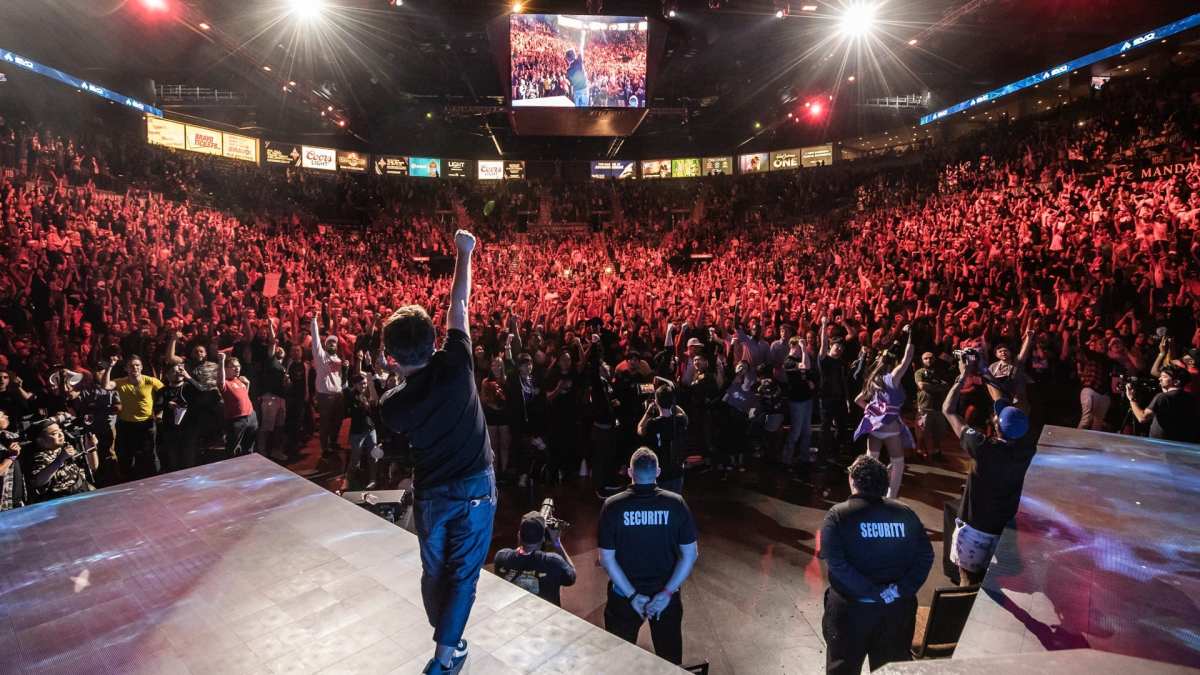
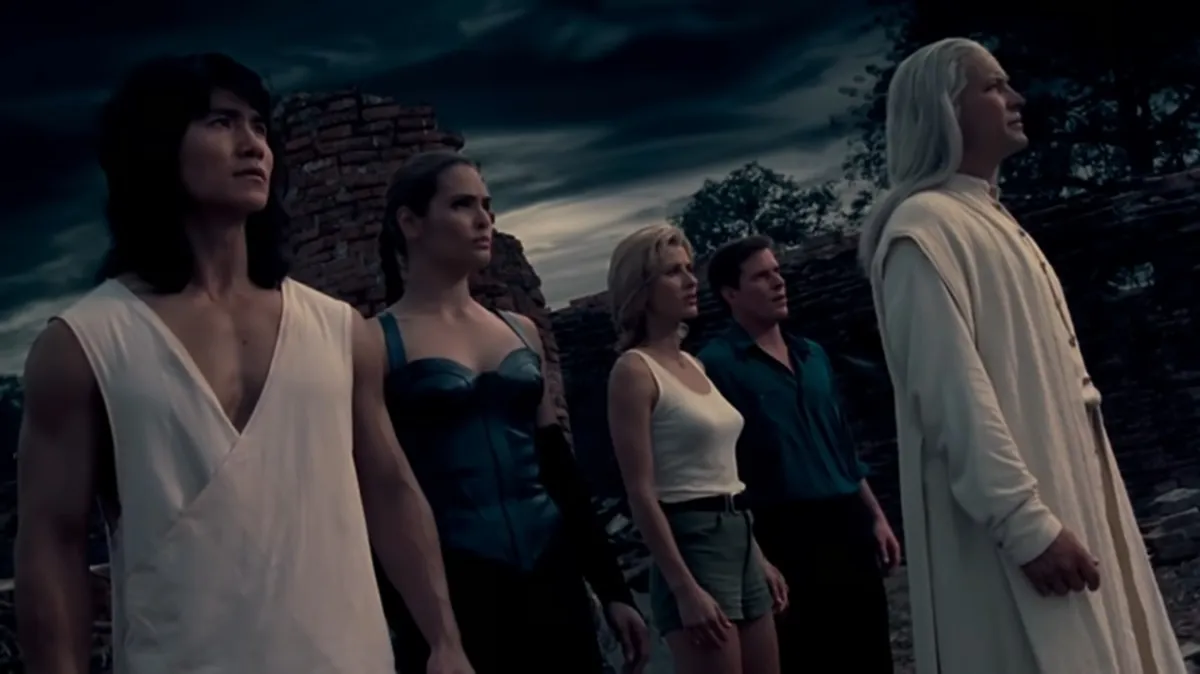
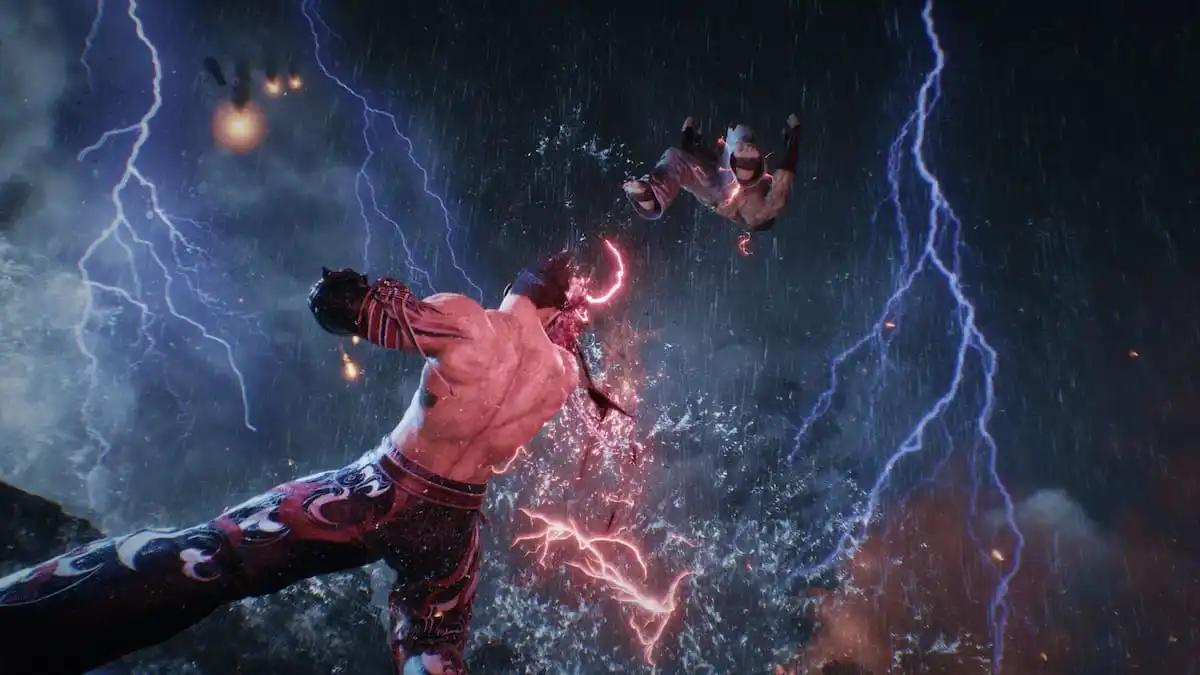
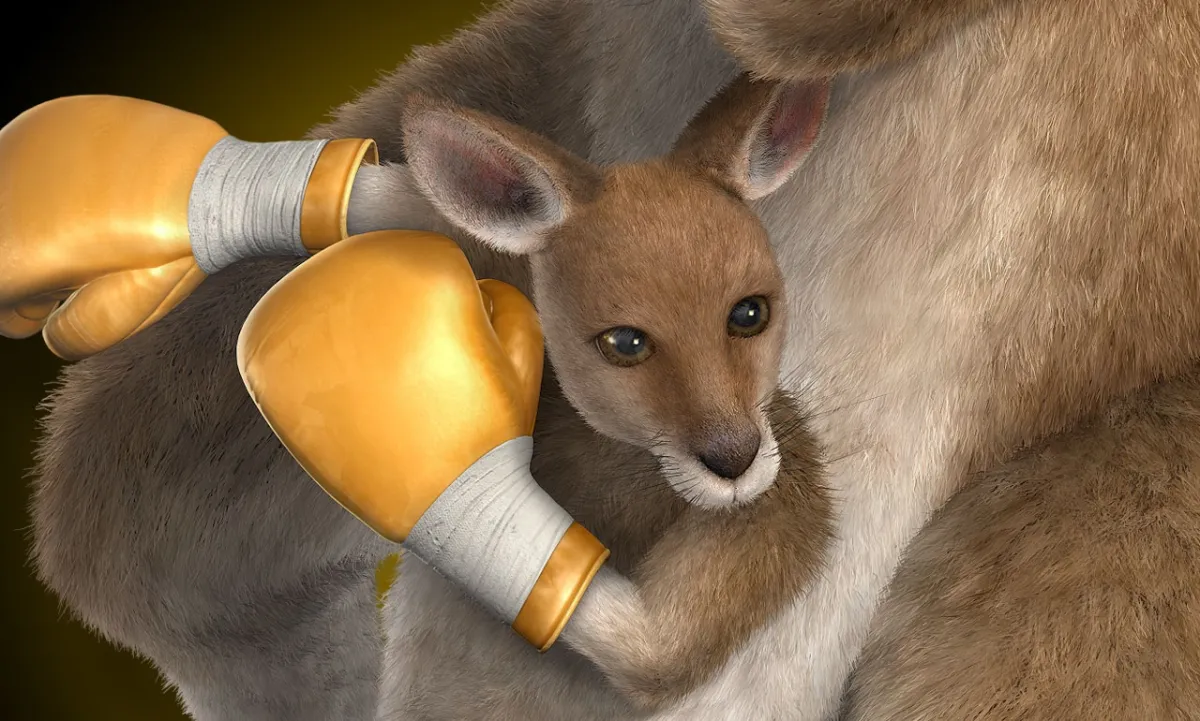
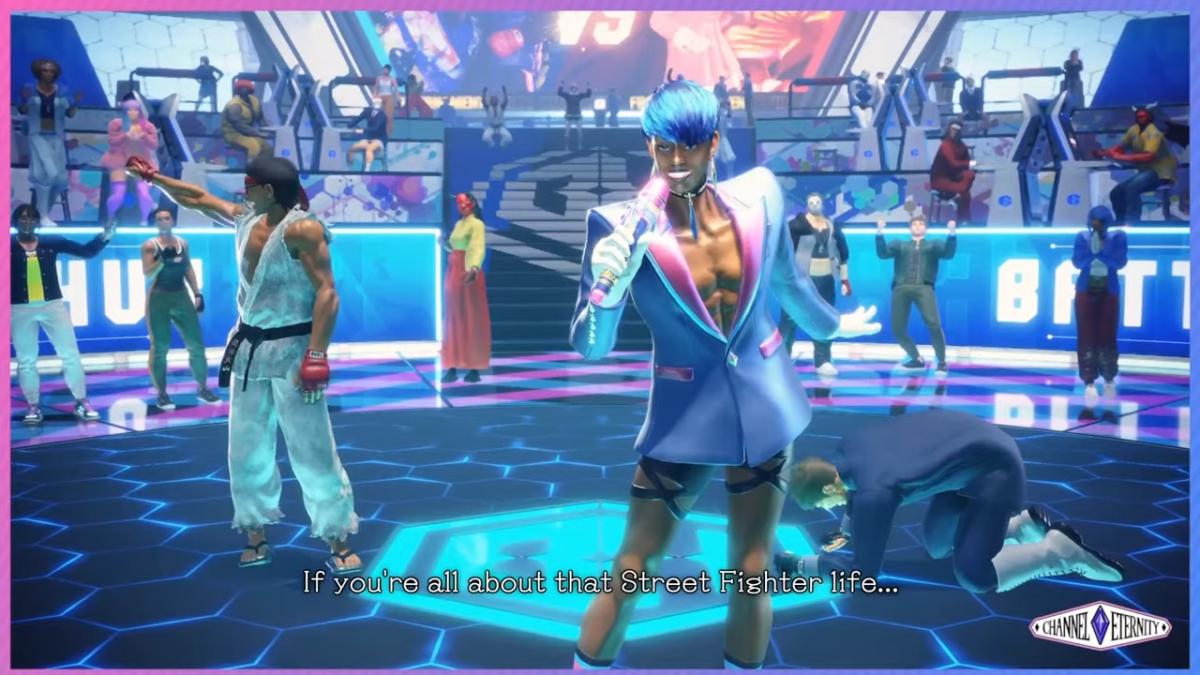
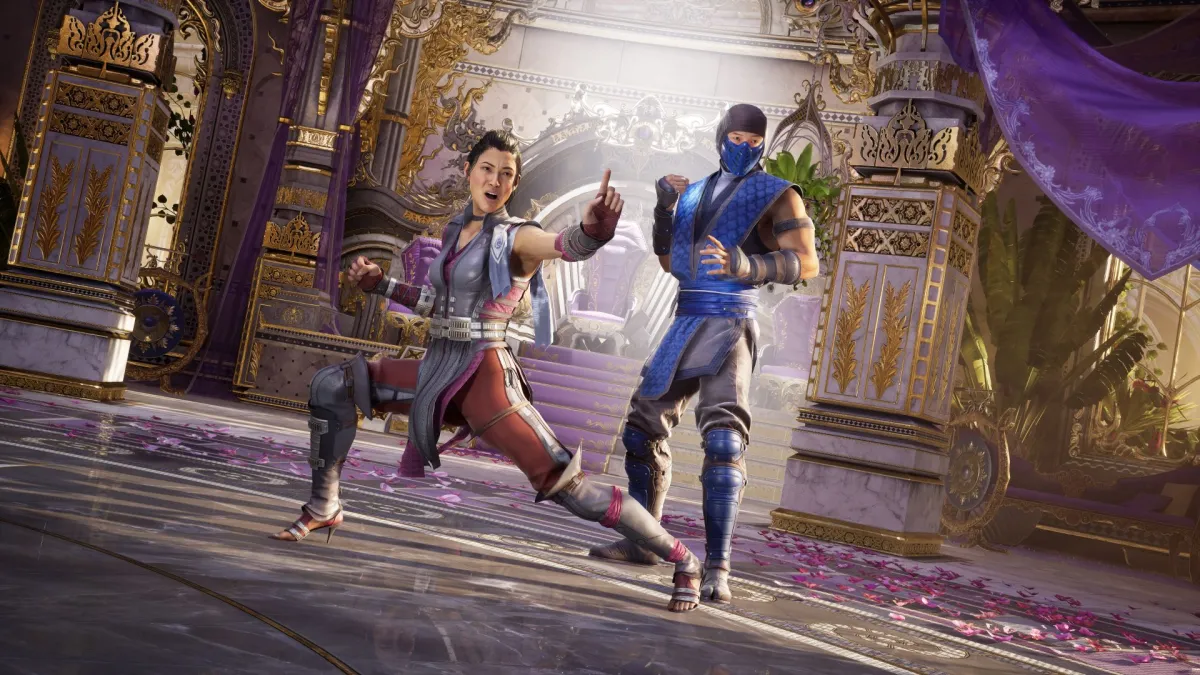


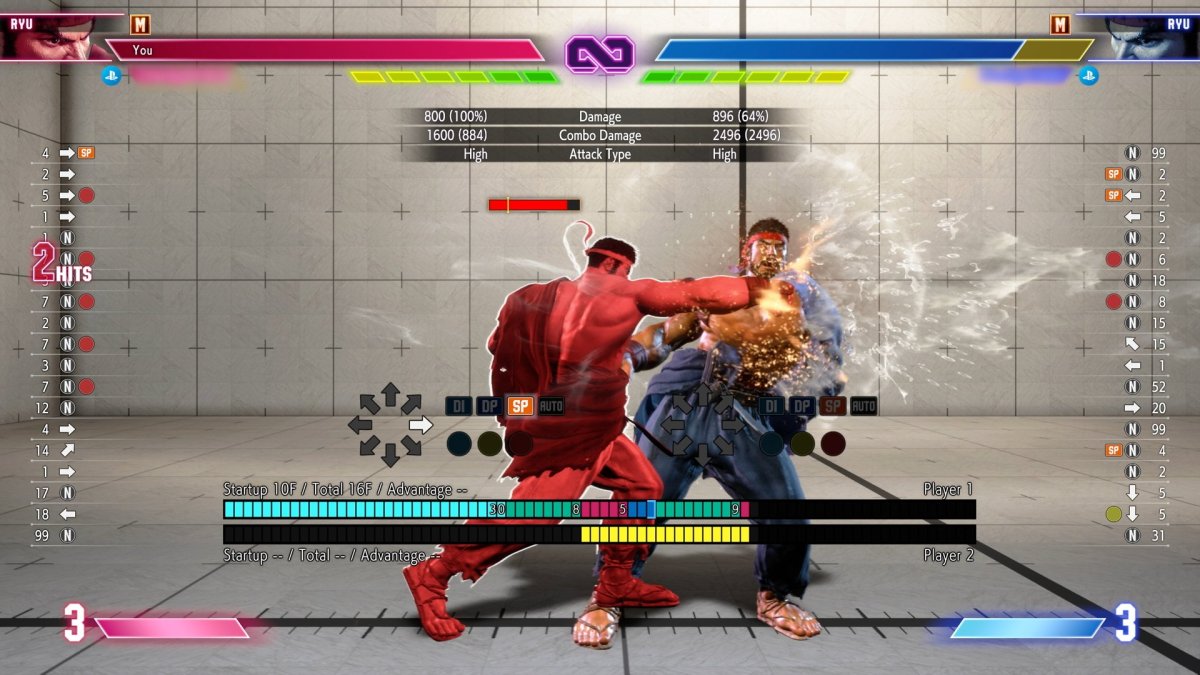
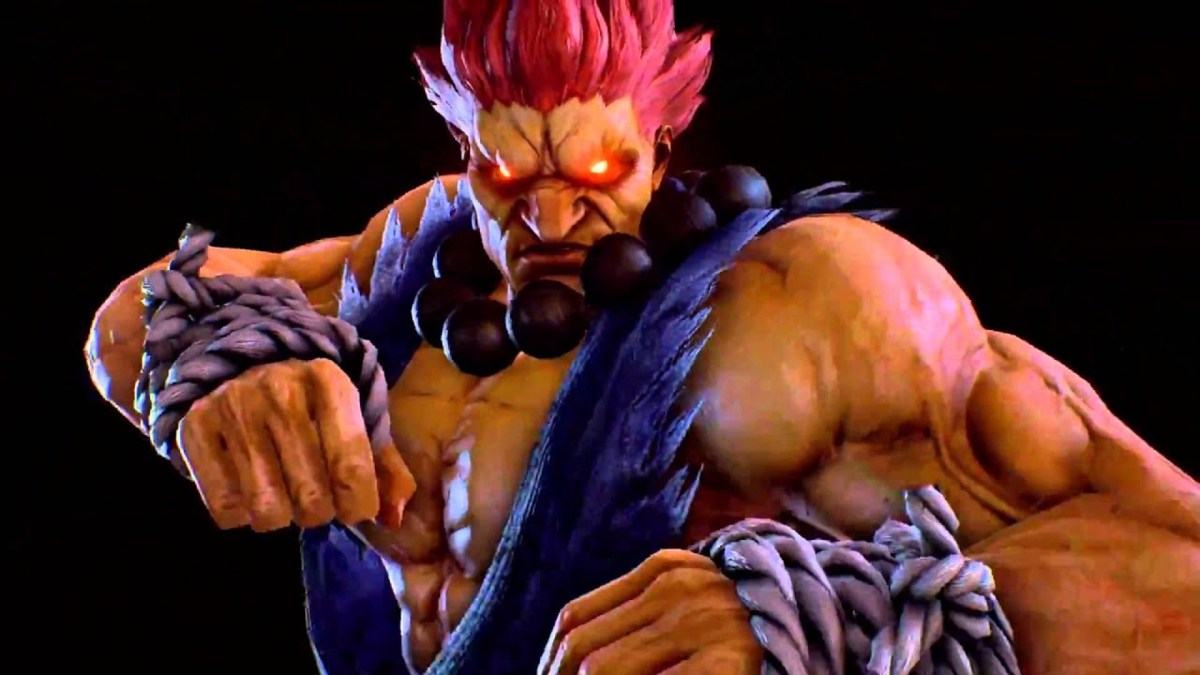
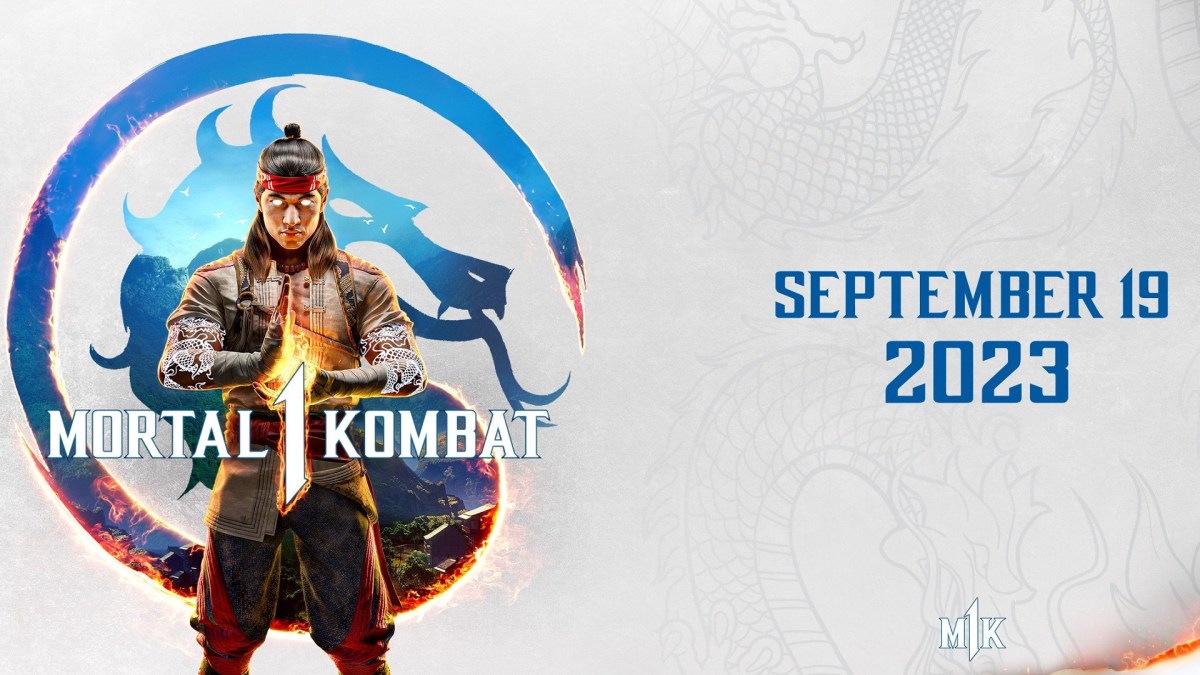

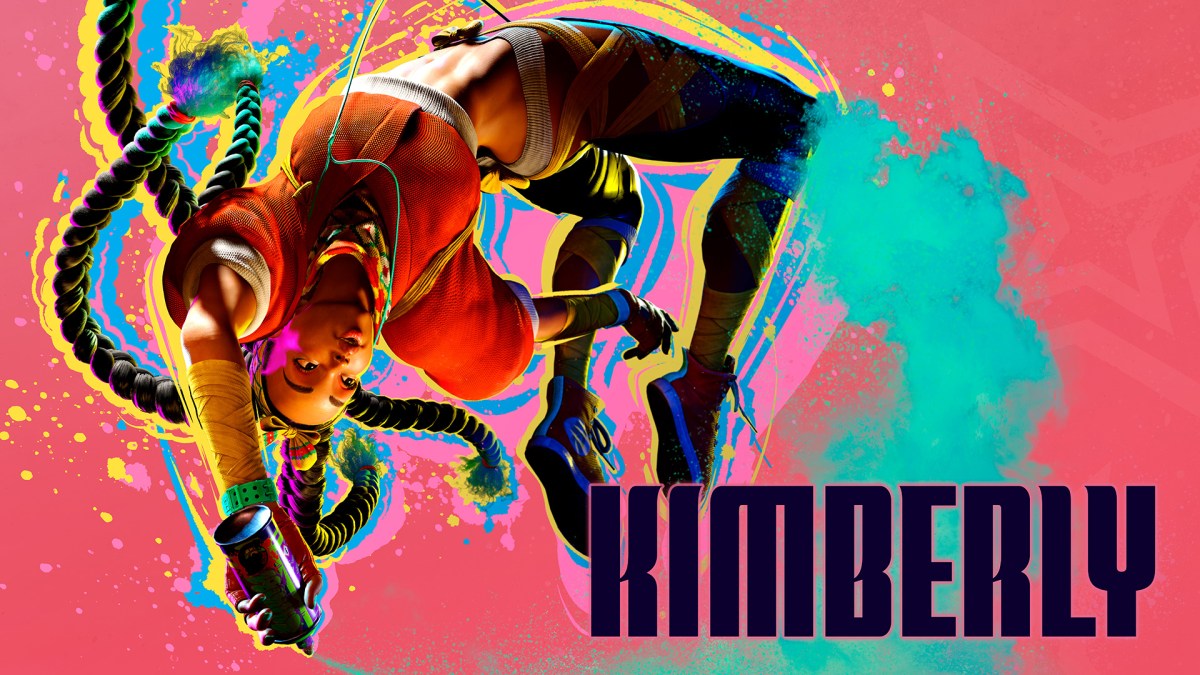


Published: Apr 25, 2021 09:00 am